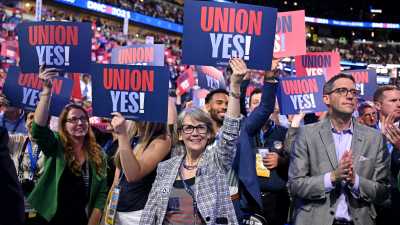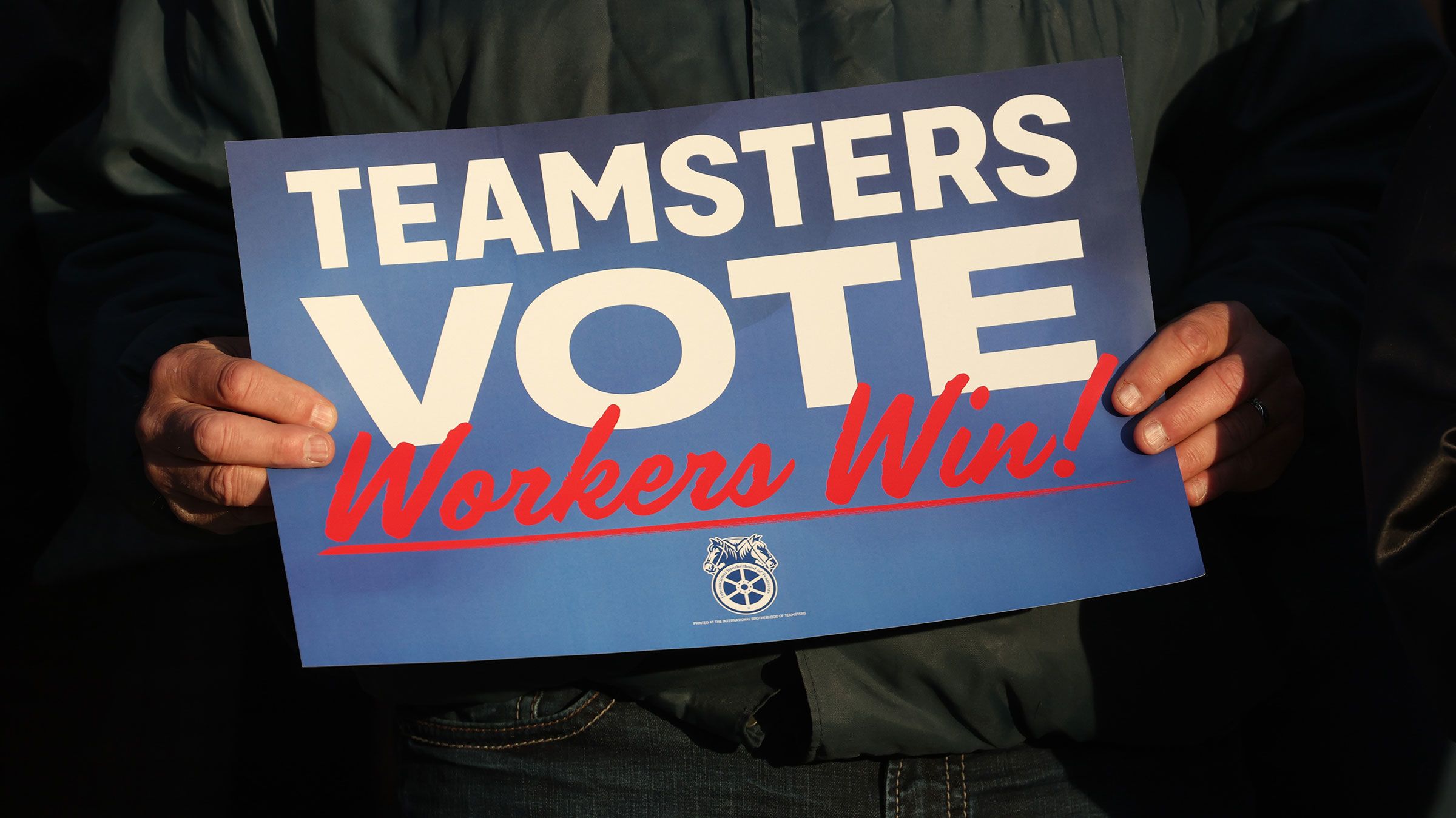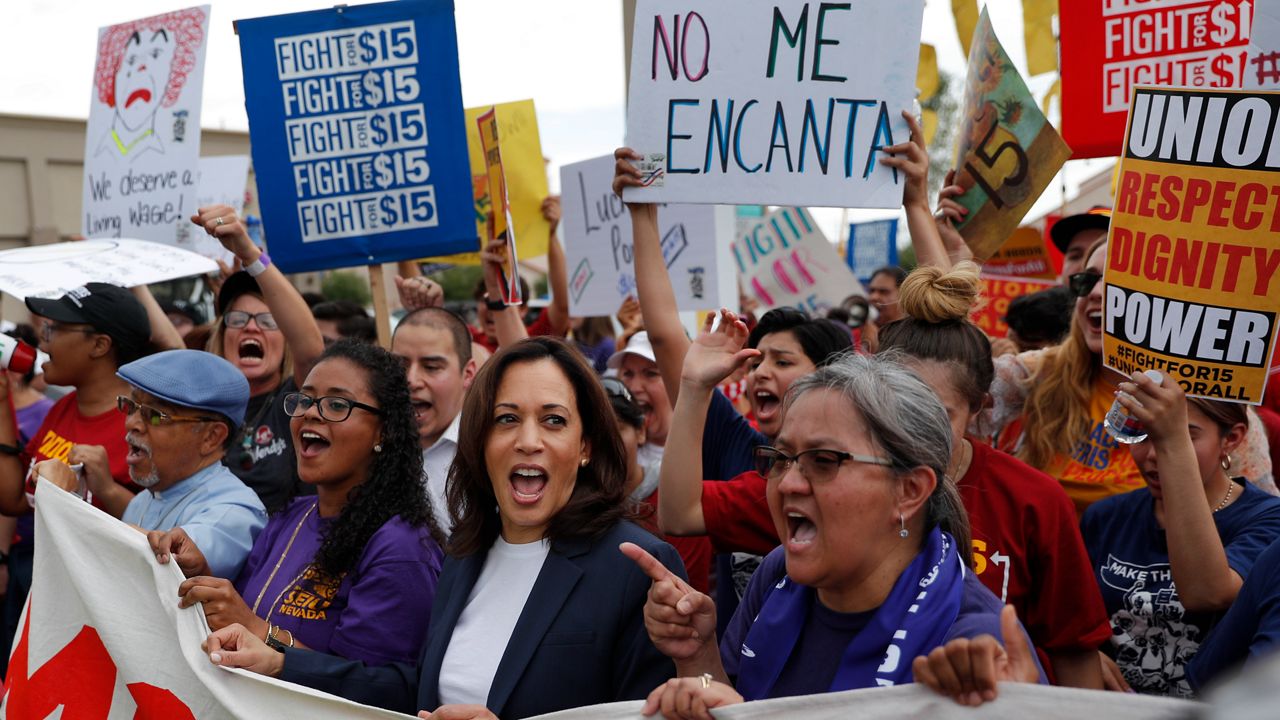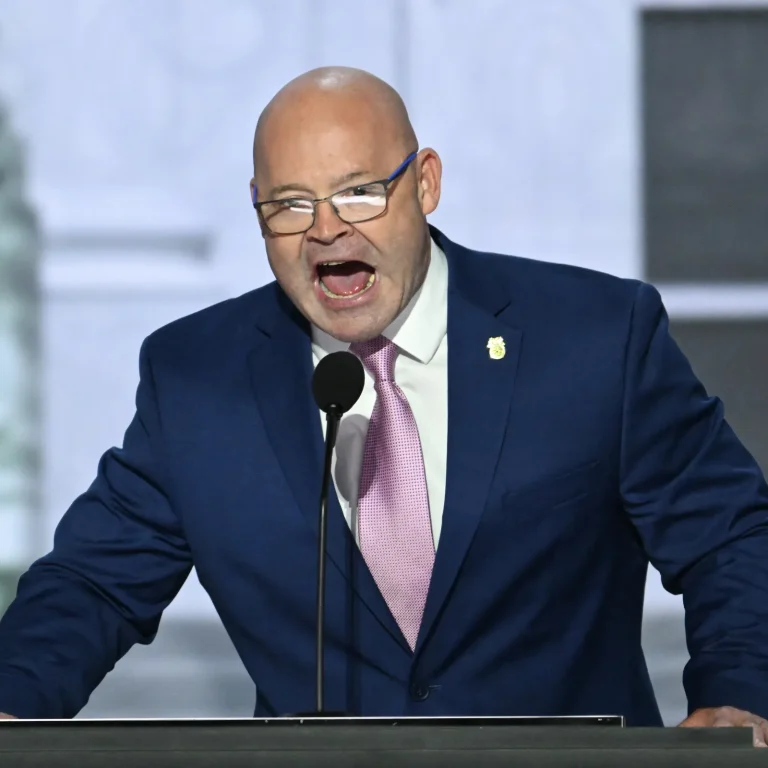Teamsters Union Refuses To Endorse Any Presidential Candidate

In a surprising move, the International Brotherhood of Teamsters, one of the most influential labor unions in the United States, has decided not to endorse any presidential candidate for the 2024 election. This decision marks a significant departure from the union’s long-standing tradition of backing a candidate in presidential races12.
A Historic Decision
The Teamsters Union, which represents over 1.3 million members across various industrie. Has been a powerful force in American politics for decades. Historically, the union has endorsed Democratic candidates, including Hillary Clinton in 2016 and Joe Biden in 20201. However, this year, the union’s leadership announced that neither Vice President Kamala Harris nor former President Donald Trump could secure their endorsement2.
Reasons Behind the Decision
According to Teamsters General President Sean O’Brien, the decision was based on the inability of either candidate. To make serious commitments to the union’s core issues. “Neither major candidate was able to make serious commitments to our union to ensure the interests of working people are always put before Big Business,” O’Brien stated1. The union sought pledges from both candidates to honor workers’ rights, including the right to strike and non-interference in critical union campaigns, but these commitments were not forthcoming1.

Member Input and Polling
The decision not to endorse was not made lightly. The union conducted extensive polling among its members, which revealed a lack of consensus. While a significant portion of the membership showed support for Trump. There was also notable backing for Harris1. This division among the rank-and-file members also contributed to the leadership’s decision to remain neutral2.
Implications for the Election
The Teamsters’ decision to withhold an endorsement could have significant implications for the 2024 presidential race. The union’s support has historically been a crucial factor in mobilizing working-class voters, particularly in key battleground states2. Without the backing of the Teamsters, both candidates may also find it more challenging to secure the votes of union members and their families3.


